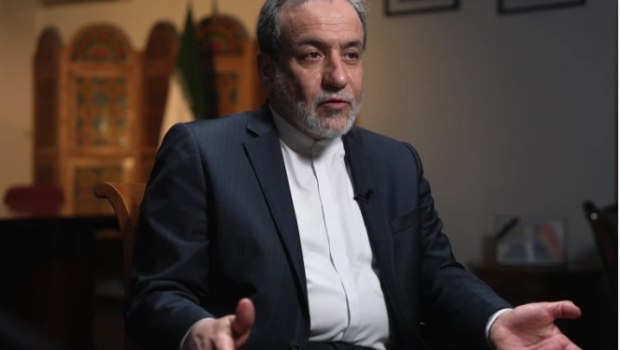Who Really Controls the Pace of Bank Shareholding Approvals in Greece?
As discussions swirl about whether the European Central Bank (ECB) is responsible for delays in approving significant shareholdings in European banks—so-called “qualifying holdings”—a closer look at the process reveals a more nuanced reality, particularly in Greece. While the ECB is the ultimate decision-maker, the timeline is largely shaped by national central banks. In the case of Greece, the real gatekeeper is the Bank of Greece.
When an investor wants to acquire or increase a qualifying stake in a Greek bank, their application must first be submitted to the Bank of Greece. It is not until the Greek central bank declares the application file “complete” that the official review period of 60 working days—during which the ECB must issue its decision—actually begins. If the Bank of Greece finds that any required information is missing, it can delay the process by asking for further details. The countdown simply doesn't start until the application is considered fully complete.
This mechanism gives the national authority considerable influence over the pace of the entire procedure. Under EU rules, only one suspension of the 60-day window is permitted, lasting up to 20 working days—or 30 in some cases, depending on local legal frameworks. Moreover, if significant changes are introduced during the evaluation, the process may be restarted entirely. This built-in flexibility, while necessary for regulatory thoroughness, also means that timelines can vary greatly depending on the preparedness of the applicant and the discretion of the national bank.
A recent example highlights how this plays out in practice. In October 2023, the Bank of Greece approved the qualifying holding application of Thrivest Holding Ltd, a Cypriot investment firm backed by Greek businessmen Dimitris Bacos, Giannis Kaimenakis, and Alexandros Exarchou. Thrivest had applied to acquire Pancretan Bank, a small but growing Greek lender. According to sources familiar with the case, despite being prepared by well-known law firms Zepos & Yannopoulos and Argyropoulos-Gkisakis, the application from Thrivest Holding Ltd faced scrutiny over whether it genuinely met the required criteria—namely, the reputation and financial stability of its shareholders, the adequacy of its proposed board members, the bank’s ability to meet regulatory standards, and assurances that there were no red flags related to money laundering. Once the Bank of Greece was convinced that all standards were met, Governor Giannis Stournaras and his staff formally approved the file, triggering the ECB's review.
So, while public attention often focuses on the ECB’s role and perceived delays, the real starting line for any shareholding approval is drawn much earlier—by the national central bank. In Greece’s case, it is the Bank of Greece that quietly holds the keys to the process. Without its formal declaration that an application is “complete,” the ECB’s official 60-day review window doesn’t even begin.
Content Original Link:
" target="_blank">





































![Άκρως Ζωδιακό: Τα Do’s και Don’ts στα ζώδια σήμερα [Σάββατο 21.06.2025]](https://www.ingr.gr/images/joomgrabber/2025-06/2b4830f51e.jpeg)


















